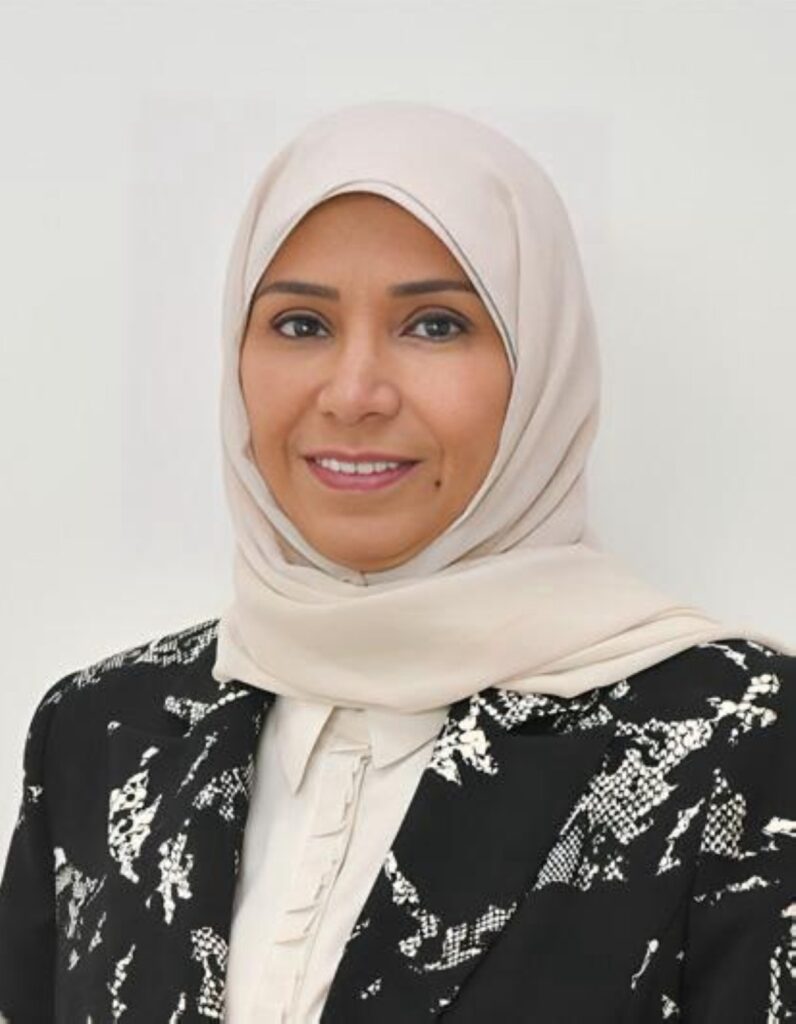KUWAIT: Rehab Bouresly, Chair of the Kuwait Association for Families of Persons with Disabilities and member of the United Nations Committee of Experts on the Rights of Persons with Disabilities, praised the State of Kuwait for its pioneering and humane approach in caring for and rehabilitating persons with disabilities. She highlighted Kuwait’s efforts to raise community and individual awareness, defend the rights of persons with disabilities and integrate them fully into society.
This commitment was reflected in the statement by Kuwait’s Permanent Representative to the United Nations, Ambassador Tariq Al-Bannai, during the celebration of the second anniversary of the International Day of Awareness at the UN headquarters. Ambassador Al-Bannai announced that Kuwait is working to draft a convention that enshrines, in international law, the principles of dignity, protection and equality in access to diagnosis, care and treatment for people with rare diseases.
Bouresly emphasized that this honorable and forward-looking initiative, aimed at developing a global legislative framework to support people with rare diseases, reinforces Kuwait’s leadership role. She noted the state’s comprehensive efforts, involving both government and private institutions and its regional and global influence in advancing the rights and well-being of persons with disabilities. This initiative also reflects society’s positive outlook, unified vision and dedication to improving the quality of life for this segment of the population.
According to Bouresly, Kuwait’s initiative is a manifestation of its dedication to the development of health, social, cultural and sports services, enhancing psychological and social stability, securing needs and empowering individuals to reach their full potential. The strategy aims to create an environment that allows persons with disabilities to integrate fully into society as essential contributors to national development, in line with the United Nations’ 2015 Sustainable Development Goals and the vision of “New Kuwait 2035,” which seeks to provide a decent life for all citizens and residents, regardless of age, gender, or disability.
Bouresly also praised international efforts to raise awareness of Duchenne muscular dystrophy, a rare genetic disorder that causes progressive muscle weakness. Affecting approximately one in every 3,500 to 5,000 births, it is most common among boys, usually between the ages of 3 and 5. Early symptoms include delayed walking, difficulty climbing stairs and frequent falls, while advanced stages can result in loss of walking ability (typically between ages 12 and 14) and weakness of the heart and respiratory muscles.
Although science has not yet found a cure, the global medical community continues to intensify efforts to treat the disease and manage its effects through medications, natural and rehabilitative therapies, heart and respiratory monitoring, as well as psychological and social support.

